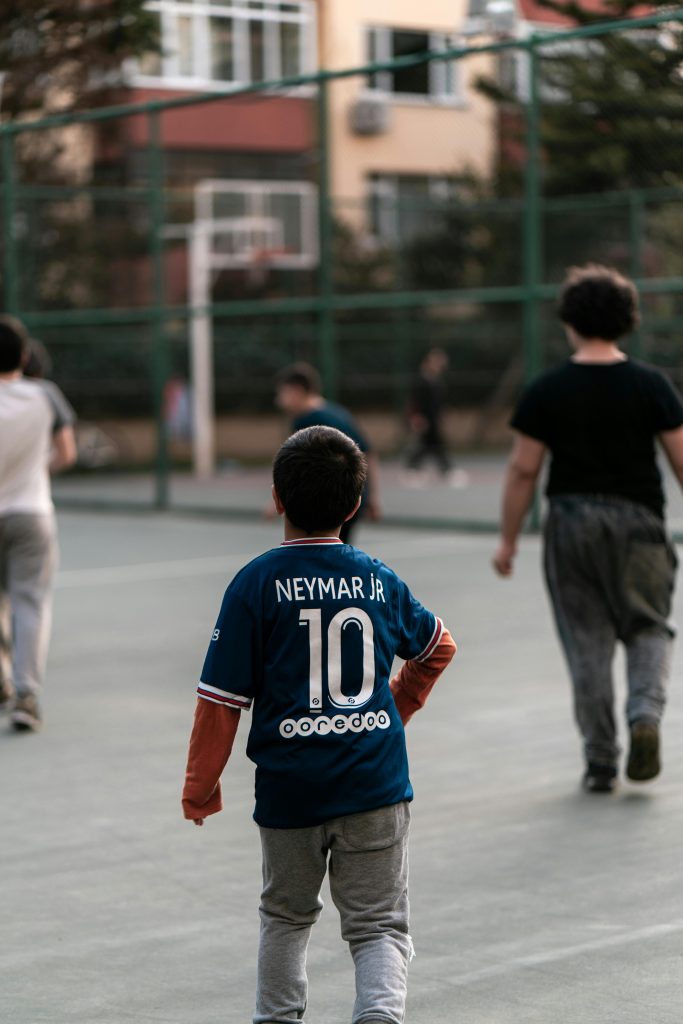Football is not just a sport; it is a cultural phenomenon that reflects and shapes the identities of communities around the world. The game is played and followed with passion across continents, but the styles of play, fan cultures, and the overall experience of football can vary significantly depending on regional and cultural contexts. This article explores the cultural dimensions of football, focusing on differences in playing styles and fan experiences between continents.
European football is often characterized by its tactical sophistication, technical skills, and strategic depth. Countries like Spain, Germany, and Italy have developed distinct playing philosophies that influence their domestic leagues and national teams. Spanish football, exemplified by the tiki-taka style, emphasizes short passes, ball control, and positional play. German football is known for its high-intensity pressing, quick transitions, and efficiency. Italian football traditionally values defensive solidity, tactical discipline, and counter-attacking play. These styles reflect broader cultural values such as organization, precision, and collective effort, which are deeply ingrained in European football culture.
In contrast, South American football is celebrated for its flair, creativity, and individual brilliance. Countries like Brazil and Argentina have produced some of the most skillful and charismatic players in the history of the sport. The Brazilian jogo bonito, or “beautiful game,” emphasizes dribbling, improvisation, and attacking play. Argentine football, while also skillful, often incorporates a more rugged and combative edge, reflecting the country’s diverse cultural influences. The emphasis on individual talent and creative expression in South American football mirrors the region’s vibrant cultural heritage and the importance of personal artistry and ingenuity.
African football is marked by its athleticism, speed, and physicality. Teams from countries like Nigeria, Cameroon, and Ghana are known for their dynamic and powerful style of play. The focus on physical attributes and a direct approach to attacking often results in exciting and fast-paced matches. This style of play reflects the diverse and energetic cultures of African nations, where rhythm, movement, and communal spirit are integral to both life and sport. African football also has a strong grassroots element, with local tournaments and community involvement playing a crucial role in developing talent and fostering a sense of pride and identity.
Asian football, while historically less prominent on the global stage, has seen significant growth and development in recent years. Countries like Japan and South Korea have invested heavily in football infrastructure, coaching, and youth development, leading to improvements in their domestic leagues and national team performances. Asian football is often characterized by discipline, teamwork, and a methodical approach to the game. The emphasis on organization and collective effort reflects broader societal values such as respect, hard work, and harmony, which are central to many Asian cultures.
The fan experience of football also varies greatly between continents. In Europe, football fandom is deeply rooted in local and regional identities. Clubs often have long histories and traditions that are closely tied to their communities. Matchday rituals, such as singing, chanting, and displaying club colors, create a vibrant and emotional atmosphere in stadiums. Rivalries between clubs, known as derbies, are fierce and passionate, reflecting historical, social, and geographical factors. The European fan culture is characterized by its intensity, loyalty, and a deep sense of belonging.
In South America, football fandom is almost a religious experience. Stadiums are filled with fervent supporters who create an electrifying atmosphere with drums, fireworks, and elaborate choreography. The passion and devotion of South American fans are legendary, with football serving as a vital outlet for expressing cultural identity, social tensions, and national pride. The stadiums become cauldrons of emotion, where victories and defeats are felt deeply, and the game is intertwined with the broader fabric of society.
In Africa, football is a unifying force that brings together diverse communities. Fans often celebrate their teams with music, dance, and traditional attire, creating a festive and inclusive environment. Football matches are social events that transcend tribal, ethnic, and national boundaries, fostering a sense of unity and shared joy. The fan culture in Africa reflects the continent’s rich cultural diversity and the communal spirit that is central to many African societies.
In Asia, football fandom is characterized by its organization and enthusiastic support. Fans often participate in well-coordinated displays, with banners, choreographed chants, and synchronized movements. The growing popularity of football in Asia has led to the development of a vibrant fan culture that blends traditional values with modern expressions of support. Football matches provide a platform for expressing collective identity and aspirations, contributing to the sport’s increasing prominence in the region.
The differences in playing styles and fan cultures across continents highlight the diverse ways in which football is experienced and celebrated. While the game itself remains a universal language, its interpretation and significance vary according to cultural contexts. These variations enrich the global football landscape, adding depth and complexity to the sport’s enduring appeal.
As football continues to evolve, the interplay between local traditions and global influences will shape the future of the game. Understanding and appreciating these cultural differences can enhance our enjoyment of football and deepen our connection to this beautiful and multifaceted sport.
- Neymar’s Return to Santos FC - January 29, 2025
- Manchester United and Manchester City: Challenges in the 2024-2025 Premier League Season - January 5, 2025
- Manchester City: The Downfall of a Modern Football Powerhouse - December 16, 2024



